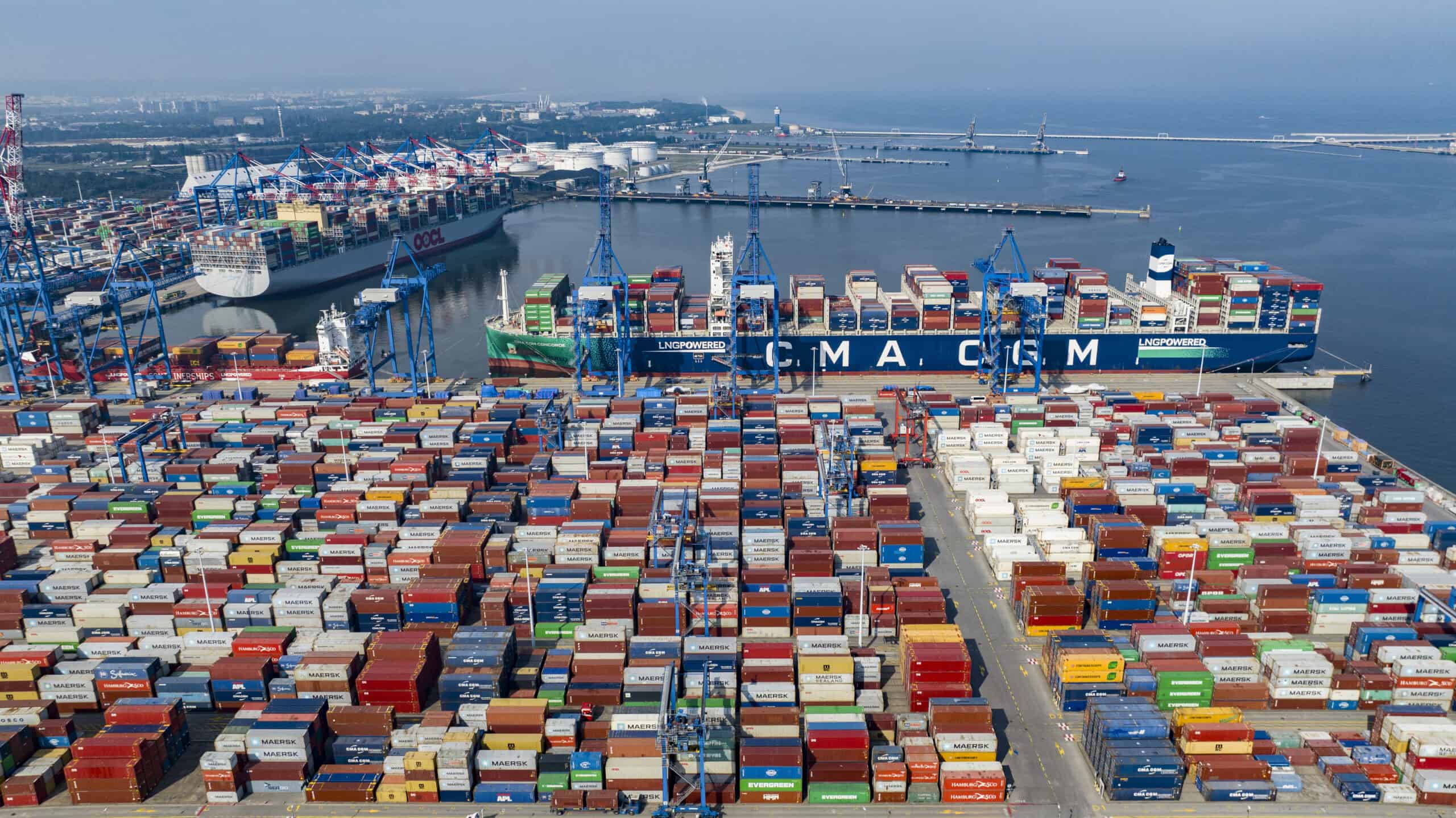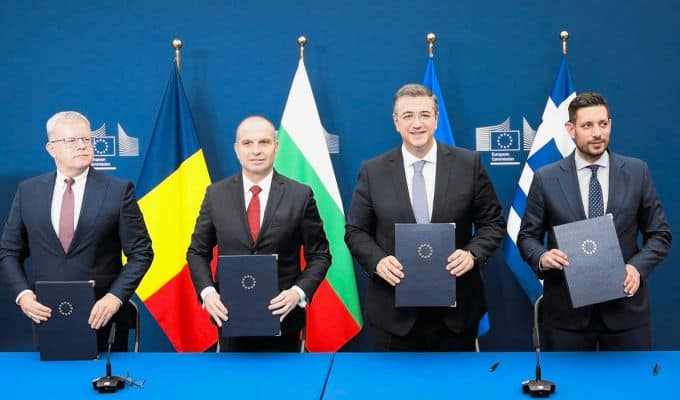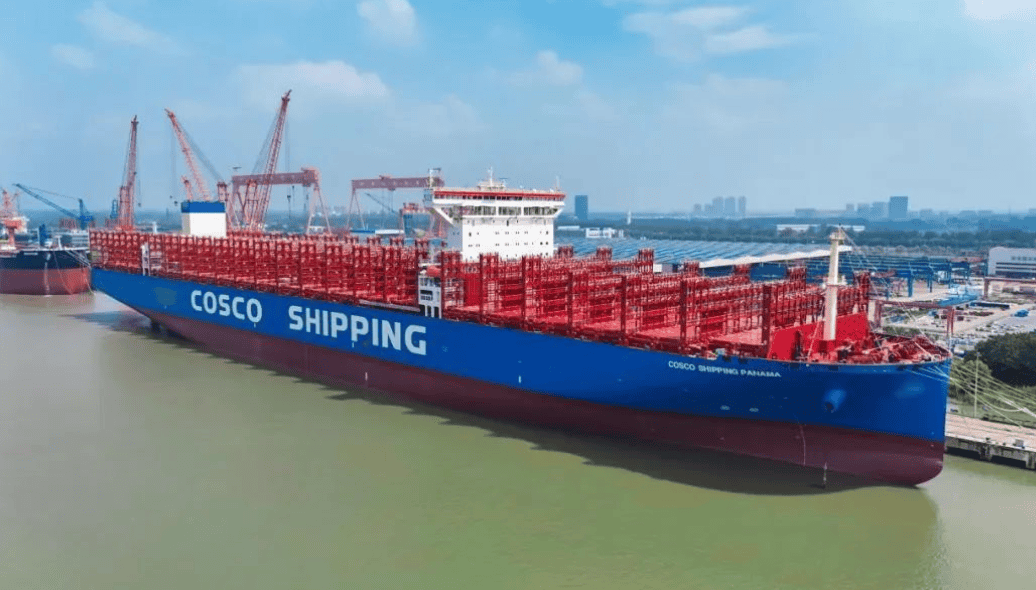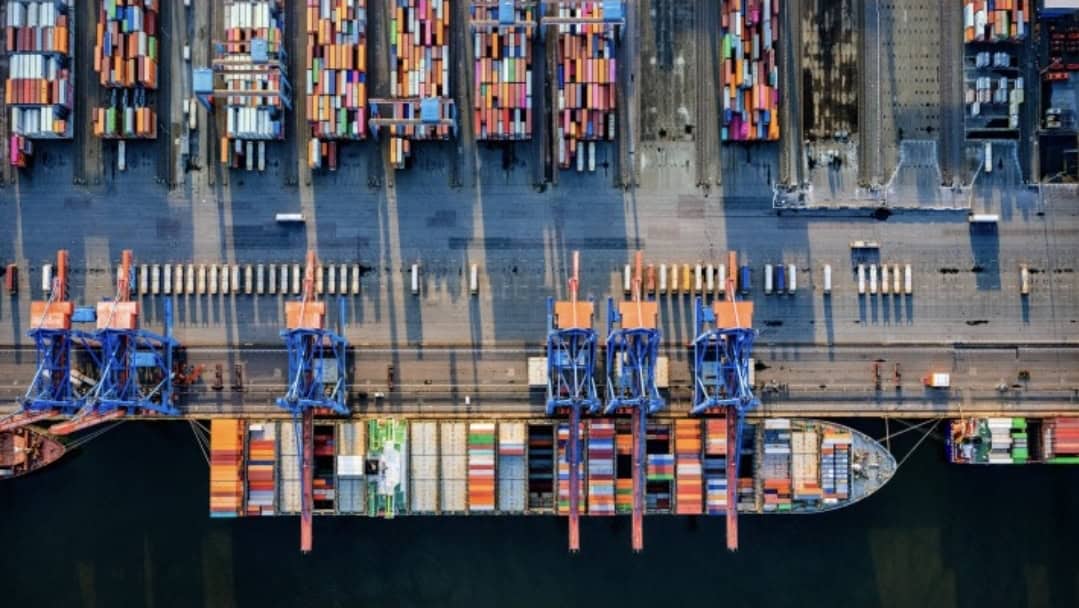In the ancient city of Thessaloniki, located on the picturesque Thermaic Gulf, the 21st edition of the prestigious European Sea Ports Organisation (ESPO) conference took place. This is one of the most important events on the European port industry calendar, bringing together decision-makers, experts, and representatives of key ports each year — including a delegation from the Port of Gdańsk.
The main theme of this year’s meeting was the port sector’s response to rapidly changing geo-economic and geopolitical conditions. Elections in Europe and the United States in 2024 did not bring the expected stability — on the contrary, the beginning of 2025 saw an escalation of global tensions. It was in this context that the future of European ports — their roles, responsibilities, and the challenges they face — was discussed.
Seaports, as crucial links in the logistics and energy supply chains, and as gateways to international trade and industrial clusters, are gaining even greater importance today. They are becoming not only points of cargo flow but also strategic partners in building Europe’s resilience — both economic and military.
At the same time, their vulnerability to threats is increasing. In the current situation, they may become targets of actions aimed at destabilizing the region. Therefore, the discussion on their security, modernization, and future is becoming even more vital.
A Voice from Gdańsk: Investments in Security and Development
The final panel of the conference featured Alan Aleksandrowicz, Vice President for Finance and Security at the Port of Gdańsk. He emphasized the need for a comprehensive approach to port development, as ports today are expected to fulfill many roles simultaneously — from economic to defensive.
“Strengthening ports and adapting them to fulfill all their designated roles requires a comprehensive approach. Key areas of action include infrastructure modernization, expansion of quays and terminals — increasing transshipment capacity, deepening of waterways, and adaptation to accommodate larger vessels. Given the uncertain geopolitical situation, investments in dual-use infrastructure (for military equipment handling) are crucial. We strive to modernize cargo handling systems, which is why automation and digitization are necessary. We must also focus on multimodality — integrating sea, rail, and road transport,” Aleksandrowicz said.
The Port of Gdańsk plays a strategic role in ensuring Europe’s military, food, economic, and energy security, thus contributing to the European Union’s goals regarding safety, resilience, and sustainable development. Ports like Gdańsk are not just transit points for cargo but key components of the EU’s frontline infrastructure, directly supporting its resilience and competitiveness.
In terms of economic and energy security, the Port of Gdańsk enables the diversification of raw material imports, including LNG and alternative fuels. It is also preparing to implement onshore power supply (OPS) systems and low-emission bunkering infrastructure — essential elements of the energy transition. To fully realize the Port of Gdańsk’s potential in meeting the EU’s strategic objectives, financial and legislative support is essential. Simplifying and accelerating administrative and regulatory procedures at the EU level will be crucial.
Port of Gdańsk to Host the Next Edition
At the close of the conference, it was announced that the next, 22nd edition of ESPO will be held in 2026 in Gdańsk. This is a great honor and an opportunity to showcase Polish experience and potential on the international stage.
The Port of Gdańsk is already inviting all industry representatives to participate in next year’s event, which — as this year’s edition has shown — will not only be a venue for knowledge exchange but also an important platform for shaping the future of European ports.



